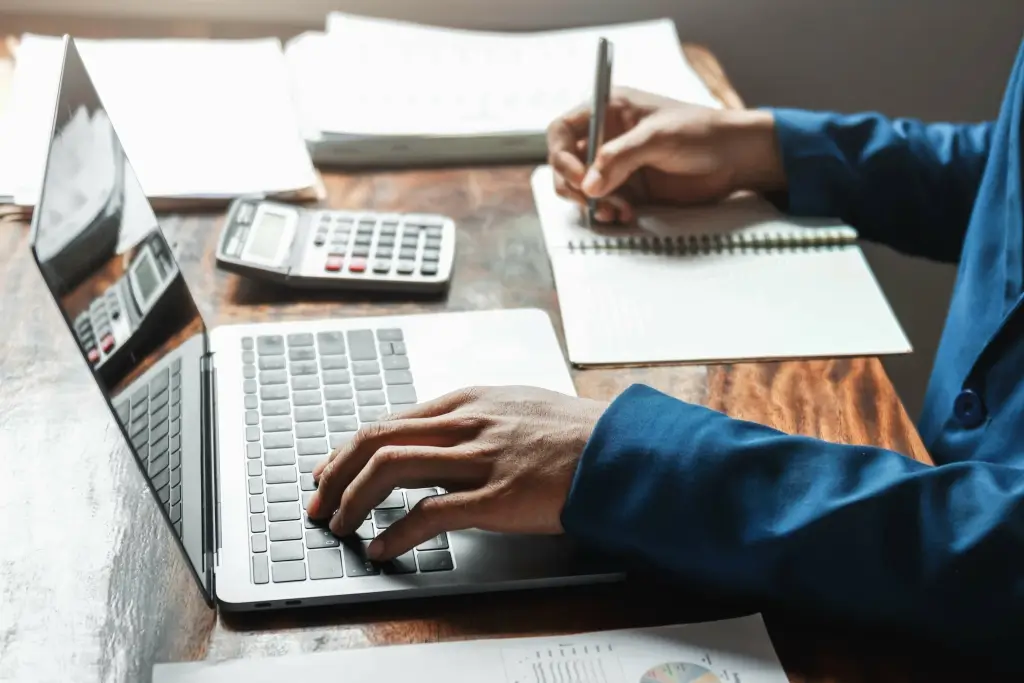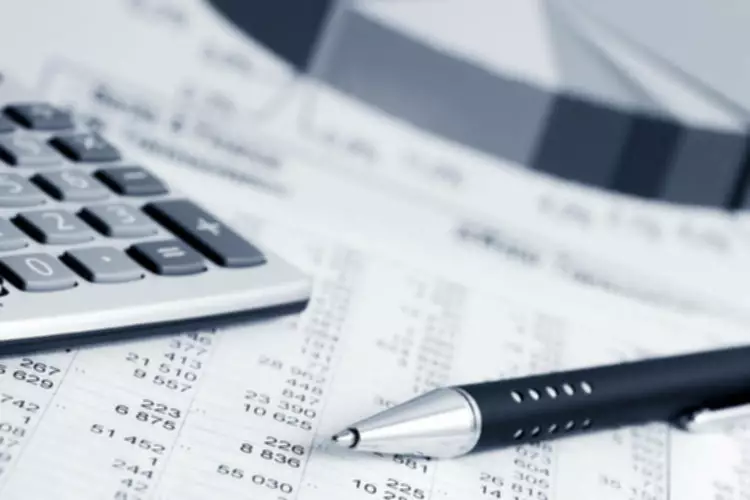Depreciation, in accounting, is a process that results in: A depreciable assets being reported in the balance sheet at their fair market value B. accumulating cash for the replacement of the asset. C. an accurate measurement of the economic usefulness o
Content

He is responsible for management of the tax, wealth management and business consulting practice, practice development and client services. Depreciation is essentially an accounting transaction that spreads out the tax benefits of a business expense over the lifetime of the asset purchased. Low-cost items with a short lifespan are recorded as business expenses. You can write off these expenses in the year depreciable assets they were incurred. Depreciation recapture is the gain realized by the sale of depreciable capital property that must be reported as ordinary income for tax purposes. Regardless of the method of depreciation employed, the depreciable property must have the same cost basis, useful life, and salvage value upon the end of its useful life. Two common depreciation methods are straight-line and accelerated.

The company receives a $6,000 trade‐in allowance on the old truck and pays an additional $95,000 for the new truck, so a loss on exchange of $4,000 must be recognized. Bob is also thoroughly familiar with auditing real estate projects receiving an allocation of Low-Income Housing Tax Credits under Section 42 of the Internal Revenue Code. He has worked with most federal financial assistance programs and Community Development Block Grant Programs. Bob has an excess of 40 years’ experience which includes working five years with a national accounting firm in their auditing department and heading up the audit practice with a large local firm. Dave is responsible for managing his diverse tax practice, including high-income individuals, small businesses, estates, and trusts. Personal assets – Even if a personal asset is used from time to time by the business, it has to be legally owned by the business in order to be depreciated. Businesses record this loss of value as depreciation, and there are many ways to measure and record it, according to GAAP and tax purposes.
How Do You Calculate Depreciable Property?
If the sales price is ever less than the book value, the resulting capital loss is tax-deductible. If the sale price were ever more than the original book value, then the gain above the original book value is recognized as a capital gain.
- The purpose of this is to match the cost of the assets to the revenues earned from using the asset.
- The majority of fixed assets are also depreciable assets, but there are exceptions.
- What makes depreciation different and more complicated is it is a deduction you can take for the same asset over multiple tax years.
- Perfect for independent contractors and small businesses.
- In accounting, when the recorded cost of a fixed asset is reduced systematically until the value of the asset becomes zero or negligible, it is known as depreciation.
Of Grain & Grain Mill ProductsIncludes assets used in the production of flours, cereals, livestock feeds, and other grain and grain mill products. CS Professional Suite Integrated software and services for tax and accounting professionals. Common sense requires depreciation expense to be equal to total depreciation per year, without first dividing and then multiplying total depreciation per year by the same number. There are several methods for calculating depreciation, generally based on either the passage of time or the level of activity of the asset.
TURBOTAX ONLINE GUARANTEES
While the term “asset” is usually a tangible object, intangible assets like patents, copyrights, and computer software are also considered assets. A fixed asset is something that loses value when it is placed in service and is ready and available for use.
Lou is the co-founder of Rubino and has led Rubino to becoming one of the top accounting firms in the DC metropolitan https://www.bookstime.com/ area. Patrick is a well-known and respected expert in compliance matters arising out of Federal awards.
Personal tools
Where the assets are consumed currently, the cost may be deducted currently as an expense or treated as part of cost of goods sold. The cost of assets not currently consumed generally must be deferred and recovered over time, such as through depreciation.




